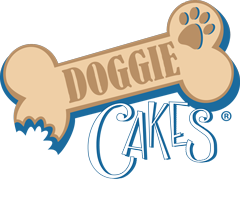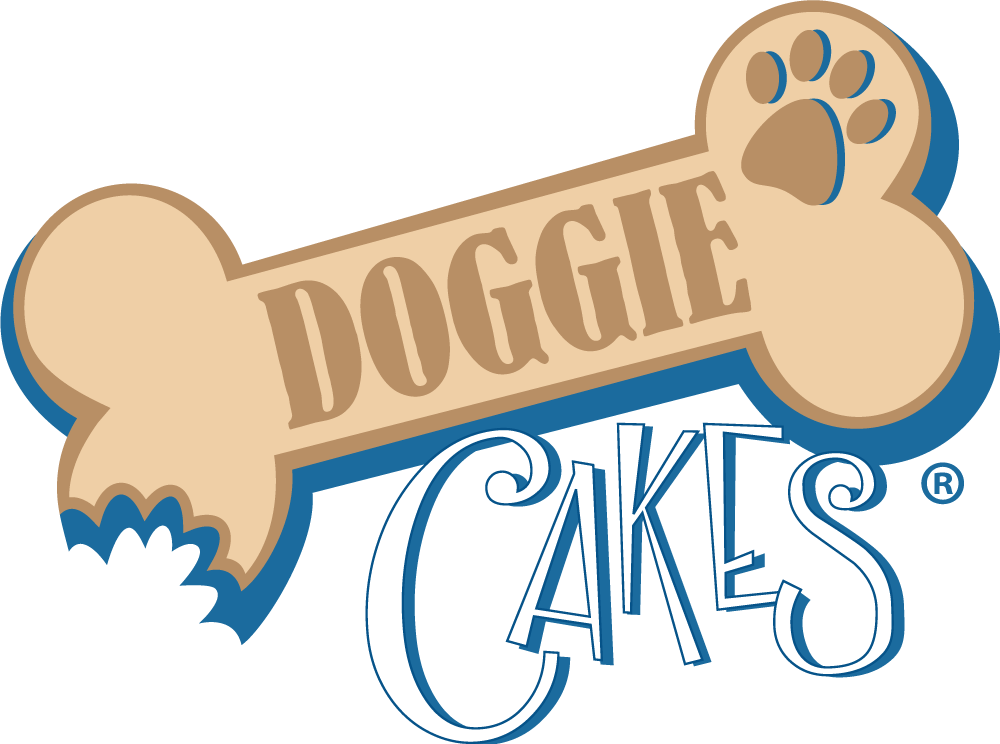Nutrition for Aging Dogs: Ensuring a Healthy Diet for Your Senior Pet
As our beloved dogs age, their nutritional needs evolve. Just like humans, older dogs require specific diets to maintain their health, support joint health, aid digestion, and keep their vitality. Here’s a comprehensive guide on how to choose the right food for your aging canine companion, along with tips on supplements and hydration.
Understanding the Nutritional Needs of Senior Dogs
Senior dogs often face common health issues such as arthritis, kidney problems, obesity, and reduced muscle mass. A proper diet can significantly impact their quality of life. When choosing food for your senior dog, consider the following:
- Lower Calorie Content: Aging dogs are less active and have a slower metabolism. Look for foods with fewer calories to prevent obesity, which can exacerbate health issues like diabetes and joint pain.
- High-Quality Protein: While protein is essential at any age, senior dogs need easily digestible, high-quality protein to help maintain muscle mass and overall health. Foods with named meat (like chicken or beef) as the first ingredient are typically a good choice.
- Fiber for Digestive Health: Older dogs can suffer from constipation or other digestive issues. A diet rich in fiber can help maintain good bowel health. Foods that include sources of soluble and insoluble fiber, like pumpkin, apples, or beet pulp, are beneficial.
- Enhanced with Omega Fatty Acids: Omega-3 and omega-6 fatty acids are crucial for maintaining healthy skin, coat, and joints. They also support cognitive function. Look for diets that include fish oil or flaxseed oil as ingredients.
- Adapted Mineral Levels: Senior dogs often need lower levels of phosphorus and sodium to help protect their kidney and heart health.
Choosing the Right Supplements
Supplements can play a vital role in maintaining the health of an aging dog, especially for joint health and digestive efficiency:
- Glucosamine and Chondroitin: These are among the most recommended supplements for older dogs to help maintain healthy cartilage and relieve joint pain.
- Probiotics: These can aid in maintaining a healthy gut flora, which is crucial for overall health and effective digestion.
- Antioxidants: Supplements like vitamins E and C can help reduce inflammation and combat age-related decline.
- CBD Oils: Some pet owners have found CBD oils helpful for reducing anxiety and pain in their senior dogs. Always consult with a vet before starting any new supplement.
Hydration is Key
Hydration is increasingly important for senior dogs, as they are at higher risk of dehydration, which can exacerbate health issues:
- Always Provide Fresh Water: Make sure your dog has access to clean, fresh water at all times. Consider multiple water stations around the home, especially if your dog has mobility issues.
- Wet Food: Incorporating wet food into the diet can help increase water intake.
- Broths and Hydrating Snacks: Non-salted bone broths or watermelon can provide hydration and are generally well-received by older dogs.
Choosing the right diet and supplements for your senior dog can greatly enhance their quality of life. Always consult with your veterinarian when making changes to your dog’s diet or adding new supplements. With the right care, your senior dog can enjoy their golden years with vitality and joy.




